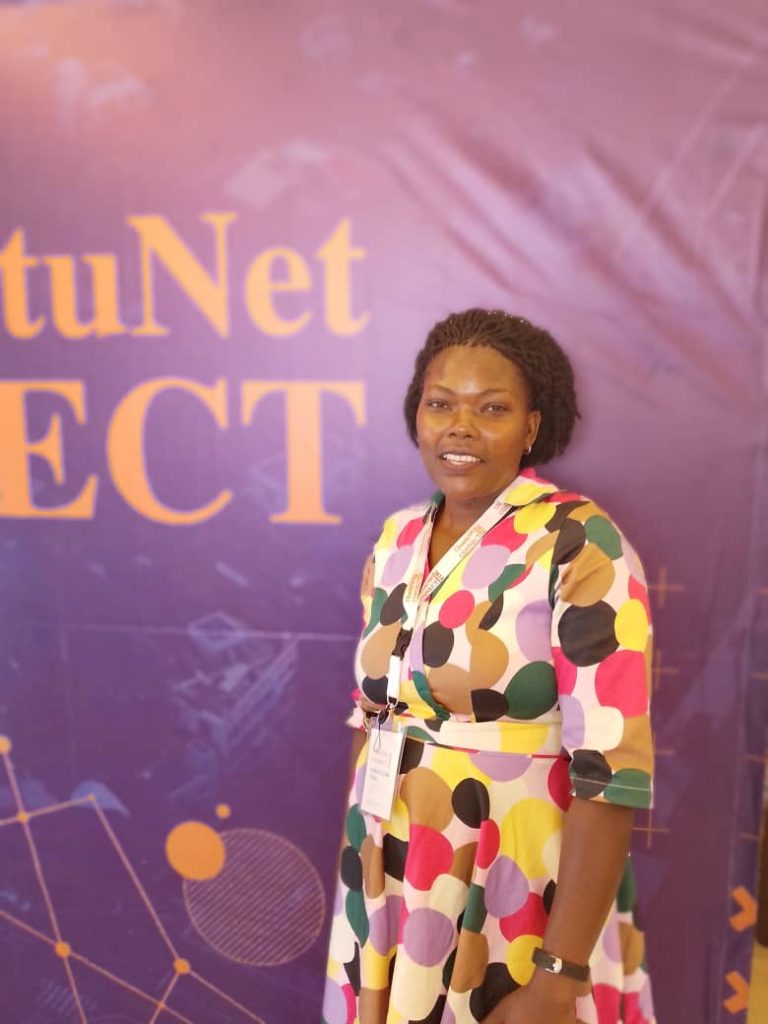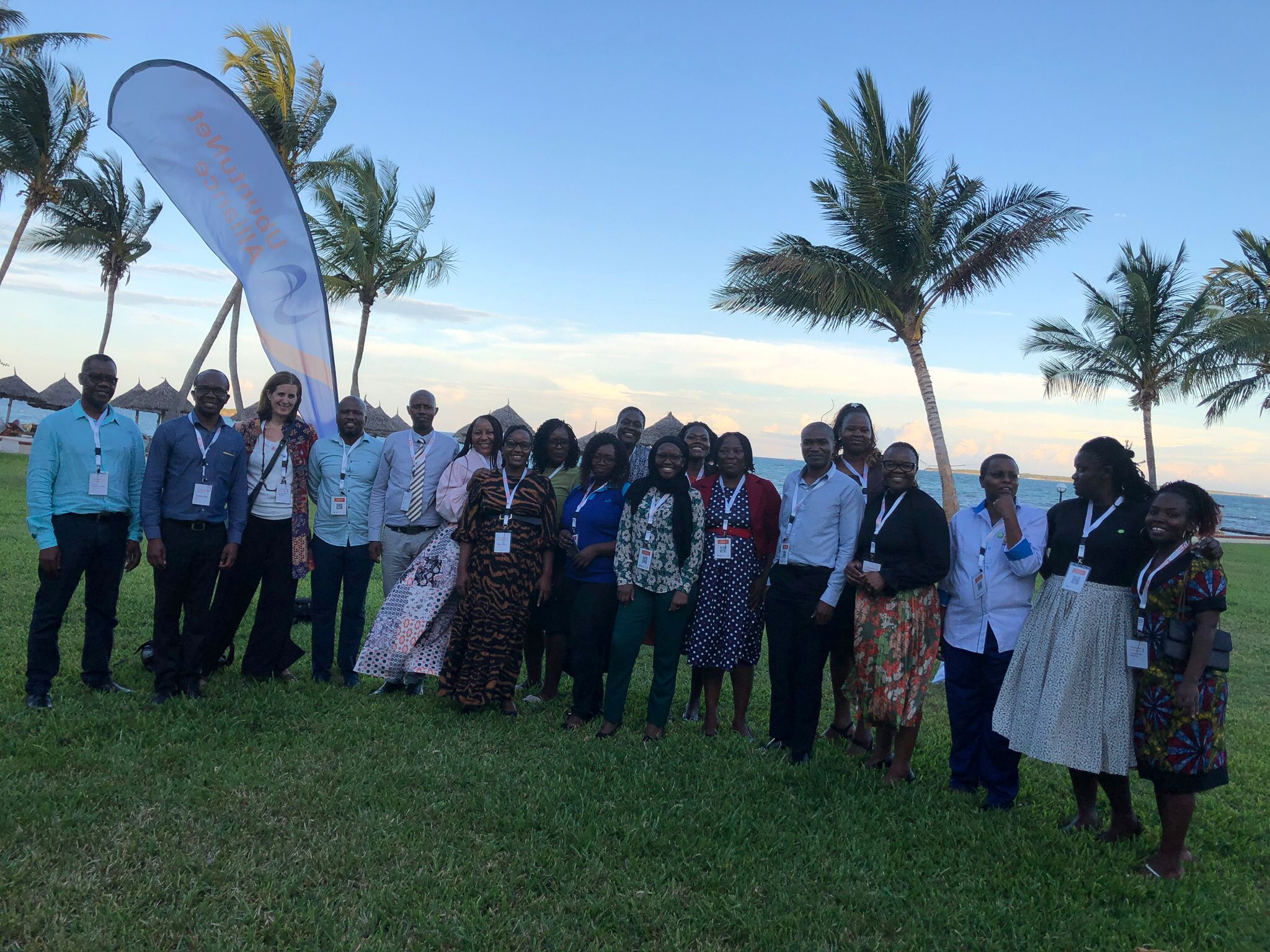THEME: Maximizing Technological Advancements in Research and Education

Librarians’ Open Science training 30th October 2024
The main facilitator was Dr. Jo Havemann who shared valuable insights on Research Repositories and Open Science Principles. The training brought together Librarians from East and Southern Africa who shared experiences through group discussions and presentations.
Topics covered
- Introduction to Open Science
- Key components of Research repositories
- Persistent identifiers (ORCID, ROR, DOI)
- Content curation & meta data
- Taking charge of institutional bibliometrics
- Hands on – practical
- Upload, curate and deploy scholarly content
- Institutional readiness and needs assessment.
Key take aways
- Research achievements need to be discoverable and accessible so that they can unfold their intended societal impact. Therefore;
- FAIR and CARE principles as well as the UNESCO guidelines need to be followed and linked to our library portal to ensure that researchers are guided on best practices.
- We need to encourage researchers to acquires google scholar accounts, ORCID ids etc to enable discoverability and findability of their research outputs.
- Researchers can self archive with AfricarXiv an African digital repository as long as they have ORCID ids.
- We need to formulate Open Access policy within our institution and advocate for it in order to have management buy in for support.
- There is need to develop institutional infrastructure by having in place the necessary hardware and software
- As we upload content onto the institutional repository we need to follow international standard like Dublin core
- As Librarians we need not to work in silos in abid to advance Open Science initiatives, we need to collaborate, share experiences and learn from one another so that no one is left behind.
- It is possible for Institutional Repositories to be mirrored on AfricarXiv to enhance institutional and researcher visibility.
- We should take advantage of new technologies and tools in order to remain relevant and supportive to the communities that we serve.
- It is very important to be part of communities of practice to ensure that we keep abreast with the new developments.
UbuntuNet Alliance promotes research and education networking in East and Southern Africa. This year’s conference theme underscored the commitment to exploring the transformative power of technology in research and education. The conference discussed how upgrades to network infrastructures, Artificial Intelligence, Cloud Computing, High-Performance Computing, and Open Science, among other things, could enhance the quality, reach, and impact of research and education pursuits within the UbuntuNet Alliance region and beyond.
Discussions broadly looked at the issues surrounding technological advancements in research and education.

